Nujoma influence on regional integration immense - Mubita
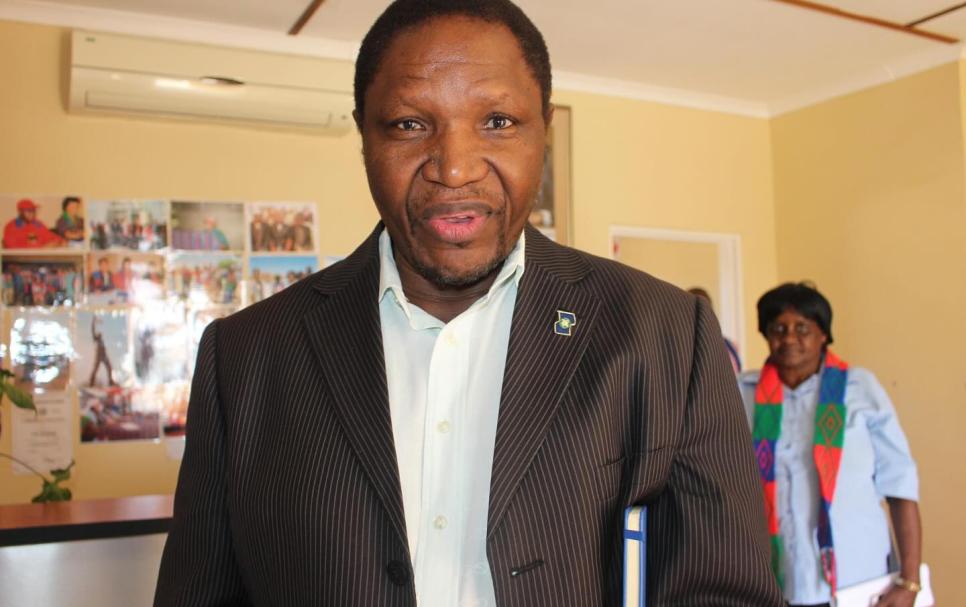
Former broadcaster turned diplomat, Dr. Charles Mubita, has it that Founding President Sam Nujoma’s influence on regional integration in the southern African region is immense and goes beyond measure.
Mubita was responding to a Confidente query on how he wanted Namibia’s founding President Sam Nujoma to be remembered as far as regional integration is concerned.
According to Mubita, regional integration did not start as an economic thrust against colonialism and imperialism, but rather took the form of international political and diplomatic mobilisation for support to the oppressed people of southern Africa in particular, and Africa in general.
“It continued with Cde Nujoma’s active involvement in the formation of the Non-Aligned Movement (NAM) on 1 September 1961 in Belgrade, Yugoslavia. The road to the formation of the Non-Aligned Movement required Cde Sam Nujoma as a founding member of NAM to mobilise African and global freedom fighters to support the movement which was geared towards galvanising support for the total independence of humanity from the shackles of colonialism and imperialism,” Mubita said. .
He added that in the years that followed Nujoma was actively involved in the formation of the Organisation of African Unity (OAU) which eventually came into being on 25 May 1963 in Addis Ababa, Ethiopia, and SWAPO held observer status in the two bodies.
“Suffice it to say that both bodies recognised SWAPO as the legitimate representative of the Namibian people’s aspiration for freedom and national independence in 1965. Through such collaboration, the UN later also recognised SWAPO as the sole and authentic representative of the Namibian people, paving the way for SWAPO to gain observer status at international fora,” Munita revealed.
Formation of SADC
In Southern Africa, Mubita revealed, Nujoma, together with the Republic of Tanganyika ensured that SWAPO was provided a military training camp under the auspices of the OAU Liberation Committee. The camp was situated at Kongwa, near Dodoma. Here, according to Mubita, Nujoma performed another selfless act.
“Cde Nujoma made it possible for the camp to be opened to other liberation movements, including the ANC, MPLA, FRELIMO, PAC, and others. This enabled liberation forces in southern Africa to collaborate more effectively,” Mubita said.
On 1 April 1980, according to Mubita, Nujoma led SWAPO and the formation of the Southern Africa Coordination Conference (SADCC). This, he says, is when efforts towards the full integration of the southern African region began in earnest.
He further maintains that the bar for regional integration was raised and escalated to a higher level when Namibia, soon after independence, under the leadership of Nujoma, formally became the 10 member of SADCC with the signing of the instrument of accession to SADCC on 24 August 1990.
“Namibia then hosted the transformation of SADCC to the Southern African Development Community (SADC) on 17 August 1992 with the signing of the SADC Treaty in Windhoek. Ever since, Namibia has signed almost all SADC Protocols, Pacts and Agreements to deepen regional integration,” Mubita said.
Namibia - South Africa Solidarity
Mubita has it that Nujoma’s influence on the political dynamics in South Africa started with a firm concretised relationship between SWAPO and the ANC, and a strong bond between him and Nujoma and South African liberation stalwart, Oliver R Tambo.
“That was a relationship cultivated in the trenches of Kongwa, Zambia, and Angola. We shared diplomatic offices, broadcasting studios and military intelligence. We operated as one in many instances. That continued soon after Namibia became independent,” Mubita revealed.
“The philosophy of reconciliation innovated by Cde Nujoma became a trump card of the ANC in reassuring apartheid apologists that the democratisation of South Africa was not an illusion, but a reality geared towards uniting all the people of South Africa. We had a common enemy - apartheid colonialism,” he added. .
Both South African Pres. Cyril Ramaphosa and former Pres Thabo Mbeki are on record recently saying that Nujoma’s fight for Namibia’s liberation was not only to free one country but contributed positively towards the independence of South Africa. Mubita concurs.
“Indeed, the fight for independence could not be divorced from the struggle to dismantle apartheid in both Namibia and South Africa. Just as the independence of Angola, Mozambique and Zimbabwe gave us the courage and confidence to intensify the struggle for liberation, so did our liberation immensely contribute to the realisation in South Africa that apartheid was on its way out,” he said.
“The solidarity between the Namibian and South African freedom fighters was strengthened by the mere fact that we faced the same enemy, the same brutal army, the same apartheid system, the same bantustan system, and their stooges and supporters,” he added.
- 293 views



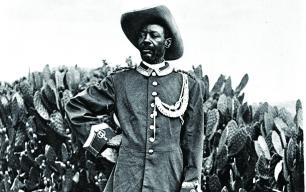


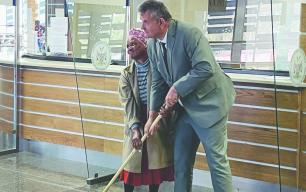

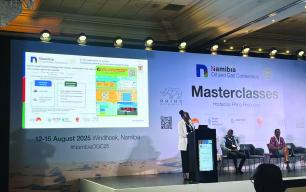
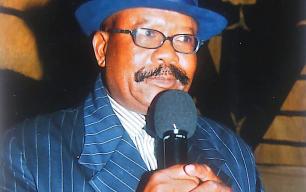
Comments